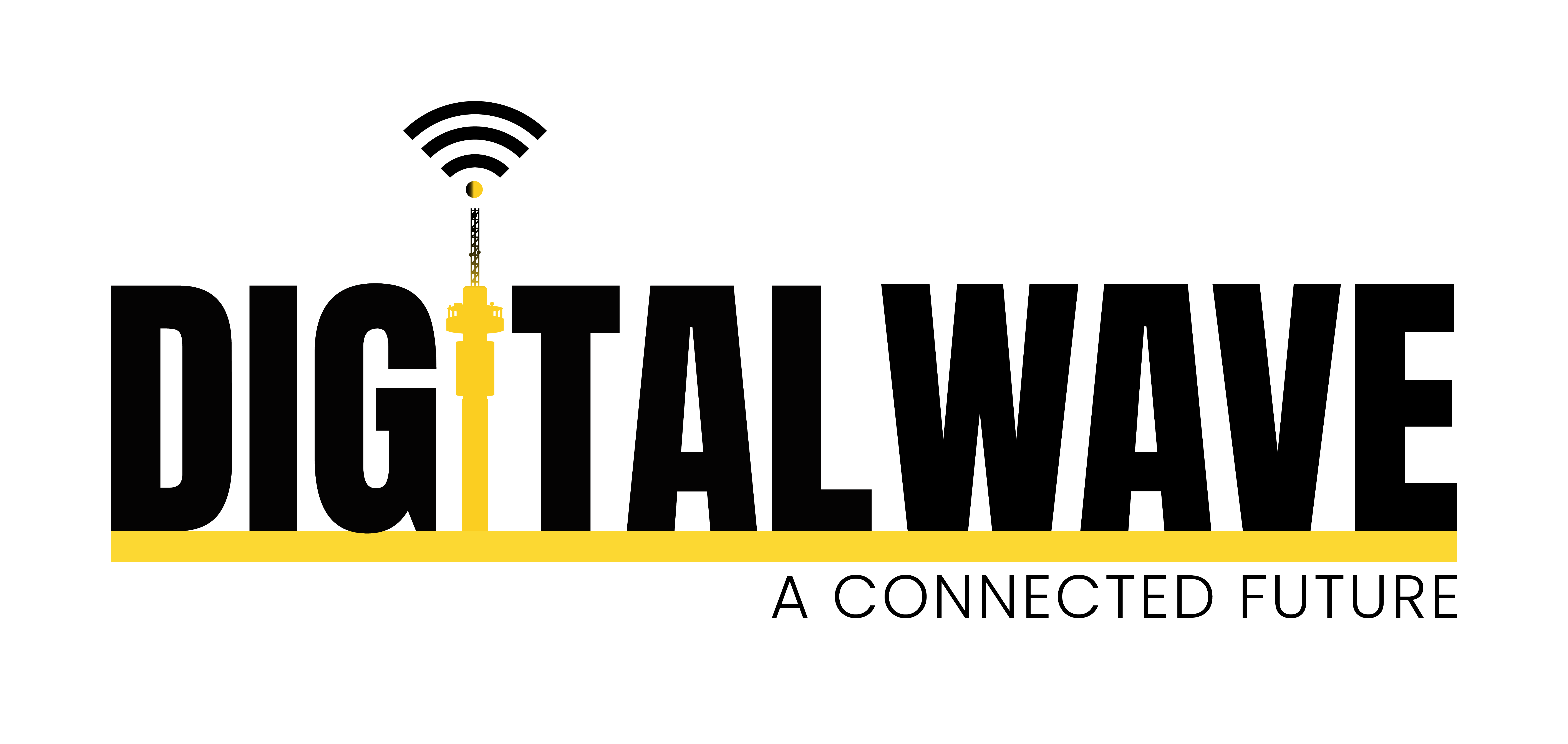SMART CITIES
Our Smart Cities Solutions go beyond integrating digital interfaces in traditional infrastructure or streamlining city operations. DigitalWave uses technology and data purposefully to drive better decision-making and deliver a better quality of life.

DIGITALWAVE CONSIDERS THREE VITAL LAYERS THAT COME TOGETHER TO ACHIEVE SMART CITY CAPABILITY:
1. The Technology Base which includes smartphones, sensors connected by high-speed communication networks, and open data portals. Connected devices serve to communicate real-time and critical variable data such as traffic flow, energy consumption, air quality, and many other aspects of daily life to place accurate, updated information at the fingertips of decision-makers and the public.
2. Specific applications that translate raw data into alerts, insights, and action. Technology providers and application developers aid the conversion of information into comprehensible communication. Information becomes readily available through multiple channels in multiple domains: including public services such as security, mobility, health, energy, water, waste, economic development, housing, and community.
3. Public Usage where applications are widely adopted through maximised engagement across multiple channels. Behavioural and habitual changes are driven by educating the public on vital and current topics. Citizens are empowered with transparent information they can use to make better choices.
Smart technology
Until recently, city leaders thought of smart technologies primarily as tools for becoming more efficient behind the scenes. Citizen data and high-tech command centers promised a ground-breaking way to manage complex operations and automate infrastructure systems.
After a decade of trial and error, municipal leaders are realising that smart city strategies start with people, not technology. Smart City Solutions go beyond integrating digital interfaces in traditional infrastructure or streamlining city operations, to using technology and data purposefully to make better decisions and deliver a better quality of life.
By changing the nature and economics of infrastructure, smart technologies reduce the cost of gathering information about usage patterns—and with an unprecedented volume of data points in hand, city governments, employers, and residents can find new ways to optimise existing systems.
Smart solutions respond to demand and involve the public in shaping it. They encourage people to use transit during off-hours, to change routes, to use less energy and water and to do so at different times of day, and to reduce strains on the healthcare system through preventive self-care. The result is not only a more functional city but also a more productive place for businesses to operate.

A 100% black-owned Special Purpose Vehicle (SPV) that exists to drive digital inclusion for the development of Smart Cities in Africa
Quick Links
Business Hours
- Monday-Friday: 8am-5pm
- Saturday: Closed
- Sunday: Closed
Get In Touch
- Email: info@dwli.co.za
- Phone: 010-001 5550